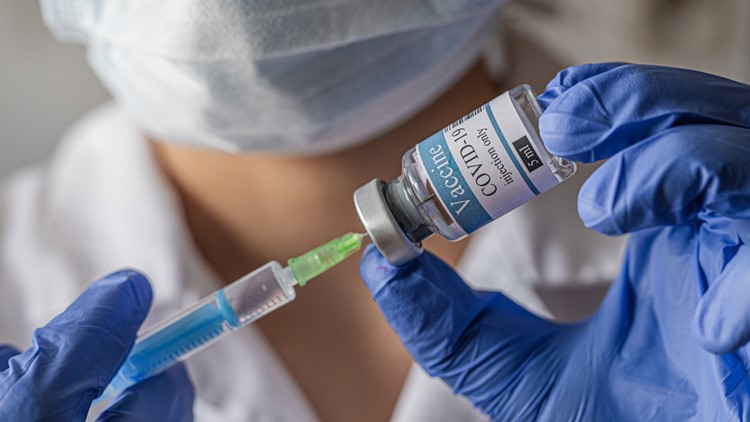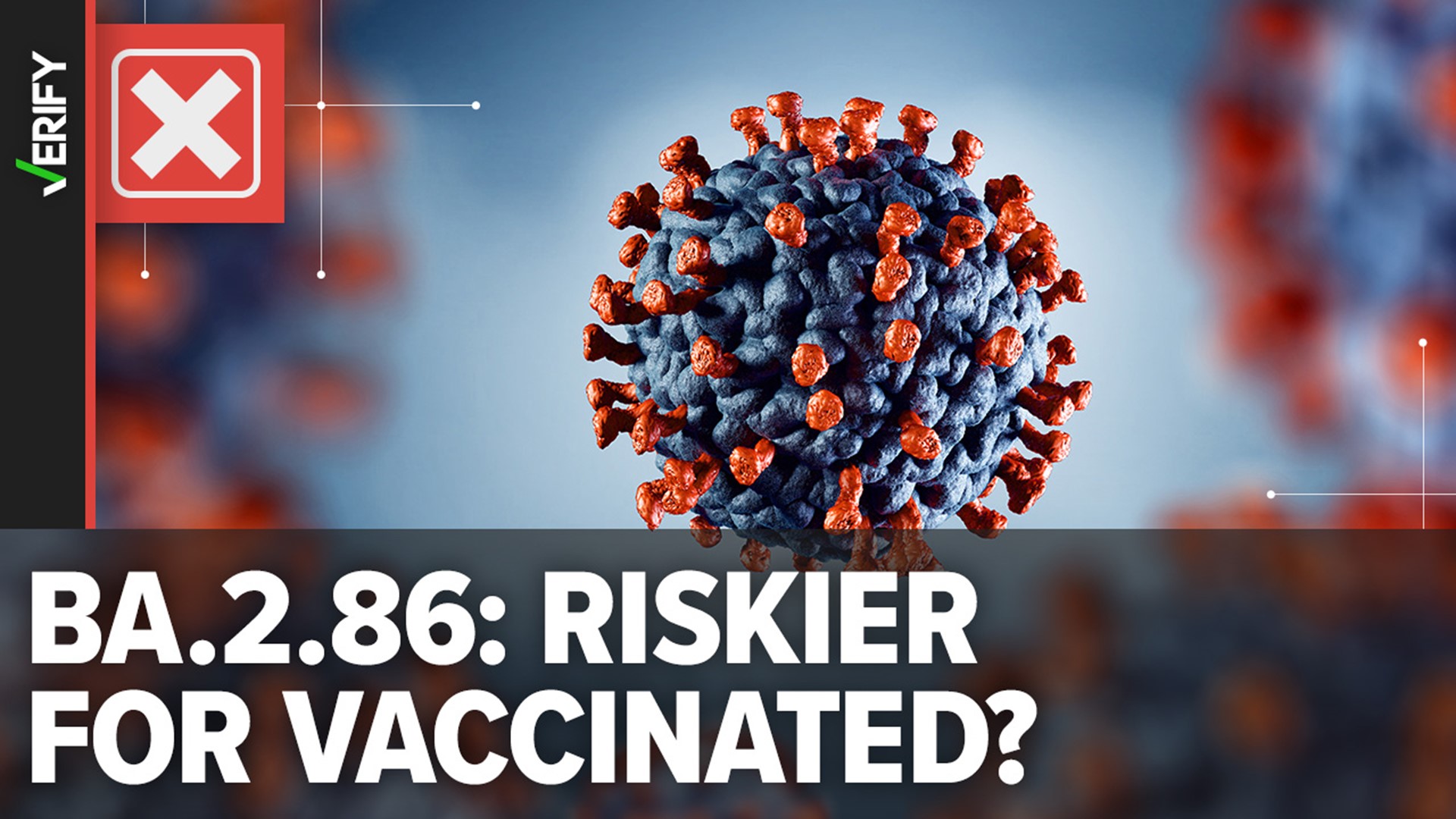AUGUSTA, Maine — As the number of vaccine doses increases, public health officials in Maine and around the country are beginning to see "vaccine hesitancy."
Dr. Nirav Shah, director of the Maine Center for Disease Control (CDC), said Tuesday during a public health forum that the most effective way to encourage Mainers to be vaccinated against the coronavirus is through conversations at the community level—with members of the clergy and primary care physicians.
Shah, who is also president of the Board of Directors of the Association of State and Territorial Health Officials, spoke during “The Vaccine Rollout: Perspectives from the States," an online forum at the Harvard T.H. Chan School of Public Health.
More than 20 percent of the country has received one dose and 11 percent are now "fully vaccinated," with more than 1.5 million doses being administered daily, according to Harvard University Professor Howard Koh, who served as Assistant Secretary of Health and Human Services during the 2009 H1N1 pandemic.
RELATED: Novavax vaccine 96% effective against original COVID, 86% against variant strain, company says
While that has prompted "images of relief and jubilation everywhere," Koh said concerns about variants of the COVID-19 virus are increasing and lockdowns continue around the world.
"We are still running a public health marathon, and we can't stop," he said. "It's not over 'till it's over."
Echoing the marathon analogy, Shah said Maine CDC officials have seen "a year of almost sprinting a marathon every single day" addressing testing, personal protective equipment distribution, contact tracing, case investigation, and the vaccine amid the unique challenges of a "massive geographic space" that includes rural pockets and urban areas, a large elderly population, and many who don't have access to the internet or transportation.
Shah said states are about to experience two significant events: the shift from scarcity to an abundance of vaccine, and signs that some are hesitant to be vaccinated—an issue he said will have to be addressed at the state and national levels.
"There is another dimension that is starting to emerge across the country," he said. "The shift away from urgency to be vaccinated and now starting to see some small signs of hesitancy."
Shah said one sign of hesitancy is that not all slots at some vaccine events have been filled.
"Now is the time to talk about how to instill confidence in the vaccine as well as the vaccination process," he said.
Shah said officials must recognize the diverse views and opinions about vaccinations, and even more so when the discussion starts to include vaccinating children in late summer and early fall.
"We can't just ... assume that the reason that someone doesn't want to vaccinate their kids is because of a knowledge deficit," he said. "We go into these conversations sometimes assuming that individuals who are skeptical about vaccines are uninformed when, in fact, they are informed, just not with the information that we consider to be truthful and accurate."
Rather than utilizing a "high school debate" approach designed to secure a win, he said, he's trying to "change minds."
"I'm thinking of this more as a conversation, a conversation designed to instill trust," he said."Really it's just a series of conversations with each one becoming deeper and perhaps more substantive."
He said working with trusted members of communities "can equip those people to have those conversations."
"Now is the time to do that rather than later on the process," he said.
Watch the full forum here:



